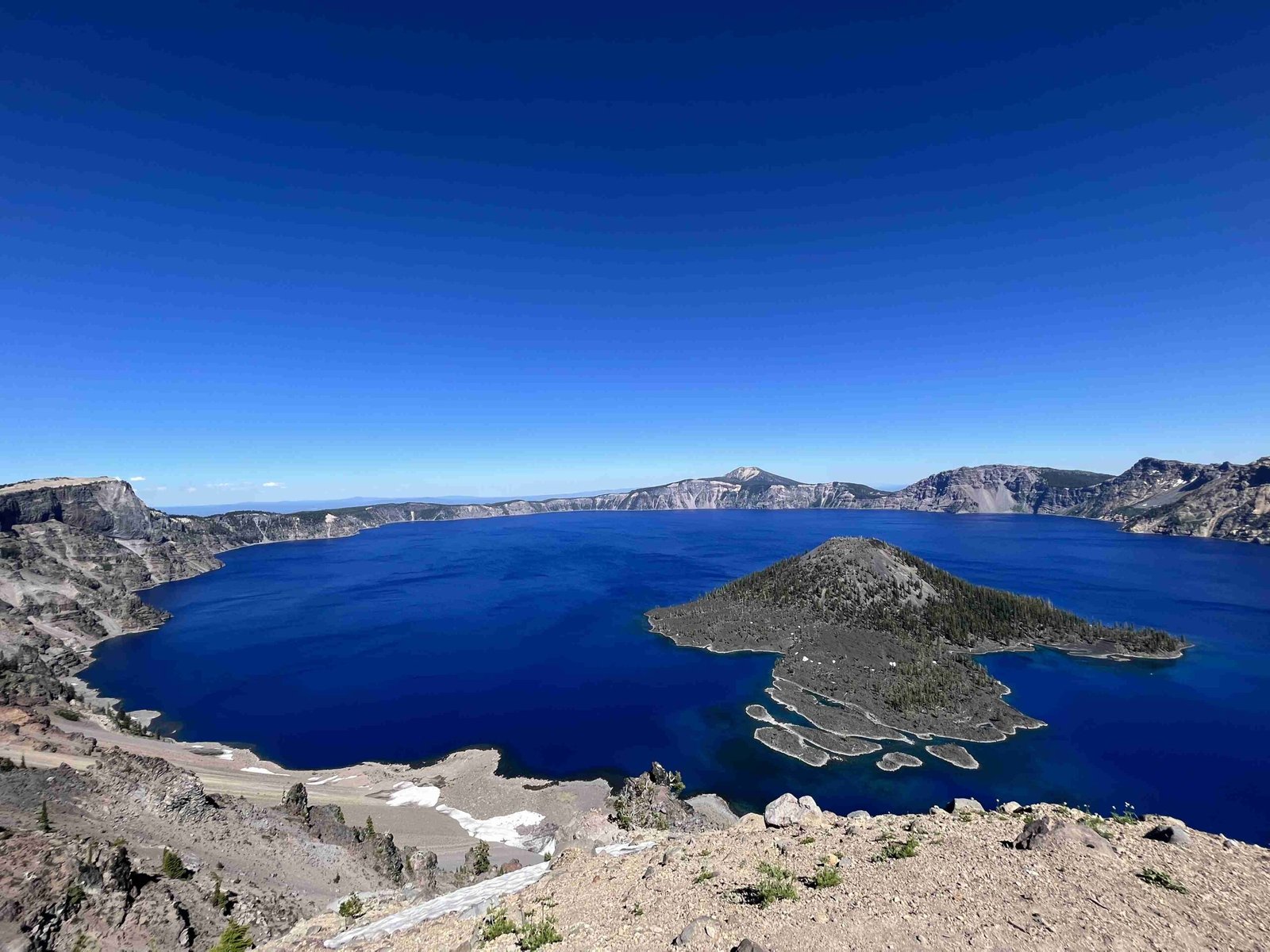Wizard Island in Crater Lake National Park remains a carefully managed destination with strict access regulations designed to protect both visitors and the delicate volcanic ecosystem. The island’s unique geological formation and fragile environment demand controlled human interaction, limiting access through guided tours, seasonal restrictions, and specific safety protocols that prevent unrestricted exploration while preserving the natural landscape’s integrity.
What Makes Wizard Island Unique?

Wizard Island represents a remarkable volcanic cinder cone emerging from the deep blue waters of Crater Lake, formed by volcanic eruptions thousands of years ago. Its distinctive landscape requires meticulous management to prevent environmental degradation and ensure visitor safety.
Why Are Safety Concerns Critical?
| Safety Factor | Risk Level | Mitigation Strategy |
|---|---|---|
| Steep Terrain | High | Guided Tours Only |
| Cold Water | Extreme | Limited Swimming Areas |
| Remote Location | Moderate | Restricted Access Period |
What Environmental Risks Exist?
- Ecosystem Fragility
- Delicate volcanic soil
- Rare plant species
-
Limited regeneration capacity
-
Wildlife Protection
- Minimal human disturbance
- Preservation of native species
- Prevention of habitat disruption
How Do Regulations Protect the Island?
Access to Wizard Island involves comprehensive restrictions:
– Seasonal access (typically July 15 to September 15)
– Mandatory guided tour participation
– Strict trail limitations
– Prohibited activities including:
* Off-trail exploration
* Wildlife feeding
* Unauthorized camping
* Collecting geological specimens
What Specific Challenges Prevent Open Access?

The island’s challenging characteristics make unrestricted access dangerous:
– Elevation changes exceed 700 feet
– Unstable volcanic terrain
– Limited rescue infrastructure
– Extreme weather variations
– Complex navigation requirements
Who Manages These Restrictions?
National Park Service rangers implement and enforce access protocols through:
– Comprehensive visitor education
– Mandatory orientation sessions
– Strict permit systems
– Regular ecological monitoring
What Can Visitors Experience?
Despite limitations, visitors can still enjoy:
– Guided boat tours
– Designated hiking trails
– Photographic opportunities
– Educational programs about volcanic landscapes
How Do These Restrictions Benefit Conservation?
- Preserve unique geological formations
- Protect endemic species
- Maintain scientific research opportunities
- Prevent long-term environmental degradation
What Future Considerations Exist?
Ongoing research and environmental assessments continually refine access policies, balancing visitor experience with ecological preservation.
Visitor Preparation Tips
- Book tours in advance
- Bring appropriate hiking gear
- Follow ranger instructions
- Respect environmental guidelines
Pro Tip: Always check current park regulations before planning your visit, as access conditions may change based on environmental assessments.
Conclusion
Wizard Island’s restricted access represents a sophisticated approach to balancing human curiosity with environmental stewardship, ensuring this remarkable volcanic landscape remains pristine for future generations.
